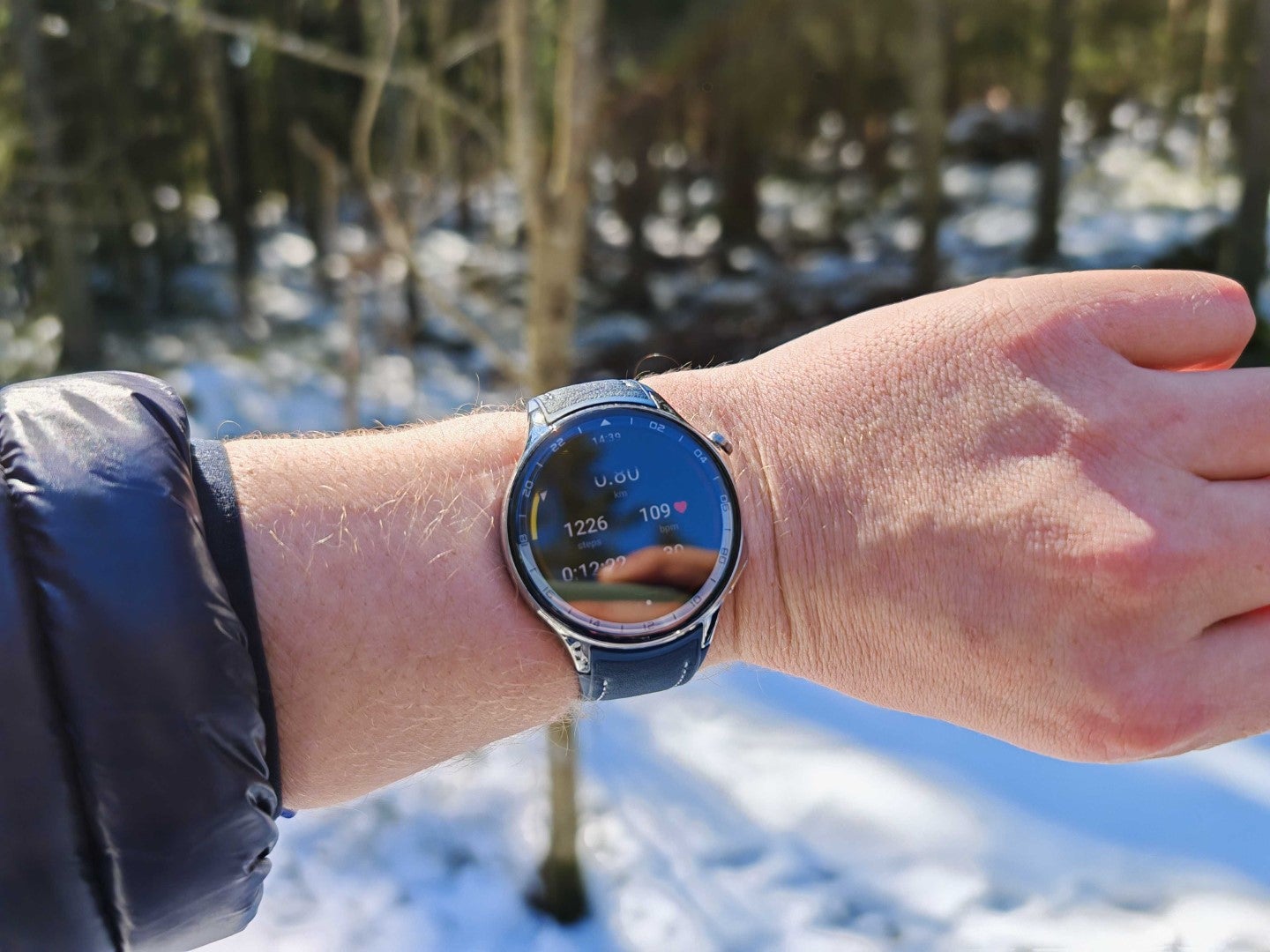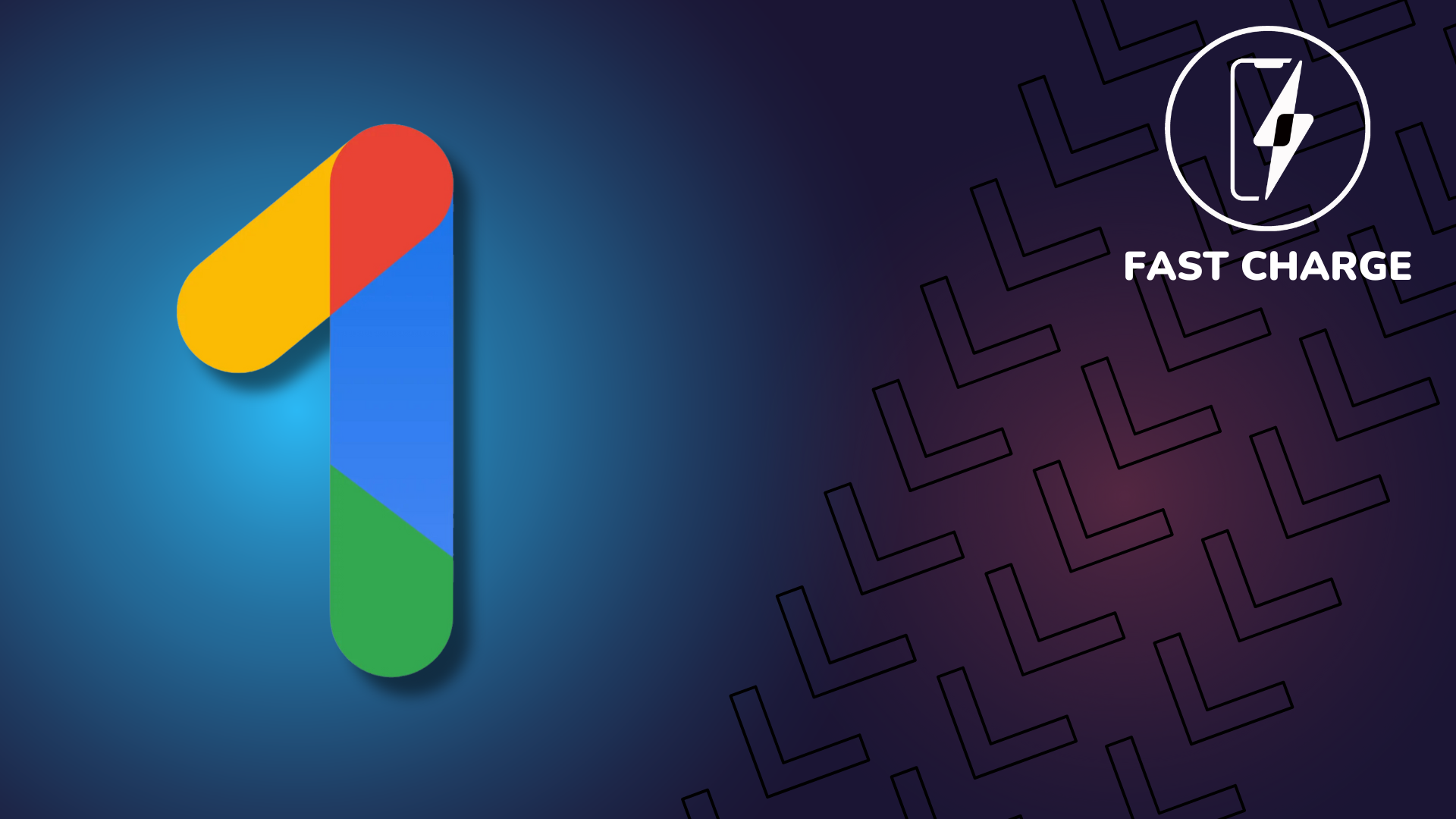Ctrl+Alt+Delete: Apple M1 success could have huge impact on AMD and Intel
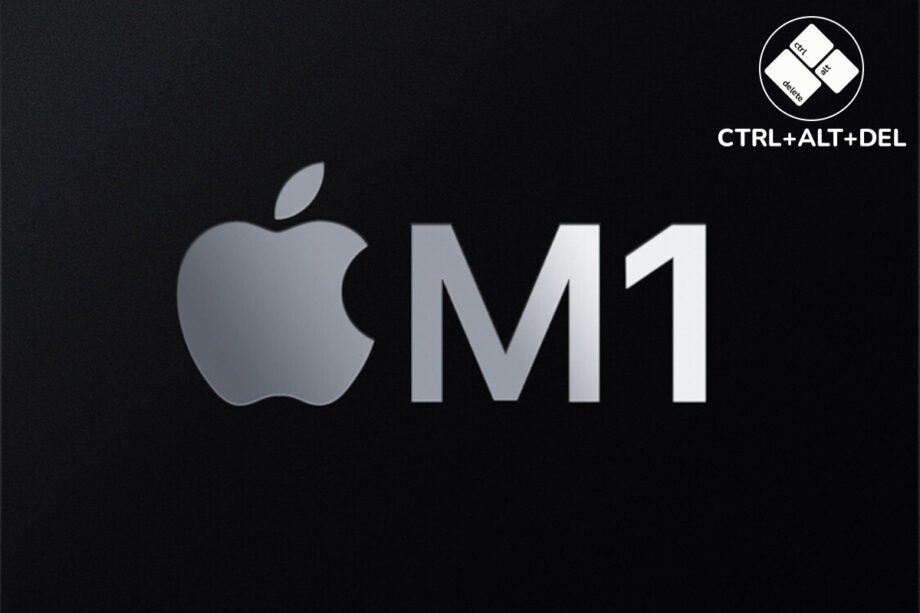
OPINION: It’s now been over two years since Apple first announced its Macs will be ditching Intel chips in favour of Apple-made M1 processors. It’s safe to say that move has been transformative for the Mac range.
Apple not only has greater control over the production line, but is also able to deliver a faster performance than the likes of AMD and Intel, making its Macs more appealing compared to Windows-based machines.
It’s been a nightmare move for Intel and AMD, which have missed out a huge chunk of revenue since Apple no longer requires their components. But the situation could become even worse for the duo in the next couple of years.
AMD and Intel can at least be glad there’s no chance of Apple supplying its processors to other manufacturers. Apple will want to keep the M1 and M2 chips (and so on) for itself to make the brand as appealing as possible. But it looks like the success of M1 chips may have inspired another company to copy the same tactic.
Qualcomm has been making computer chips for several years now. You’ll find its Snapdragon processors inside laptops such as the Samsung Galaxy Book Go, Acer Chromebook Spin 513 and Samsung Galaxy Book S. But due to restrained performance and compatibility issues with Windows, we’ve only really seen these processors prove popular in Chromebooks – they’ve hardly been successful enough to make AMD or Intel sweat.
But now Apple has shown the world that chips with Arm architecture can indeed offer high-end performance, it looks like Qualcomm is keen to replicate the success of the MacBook.
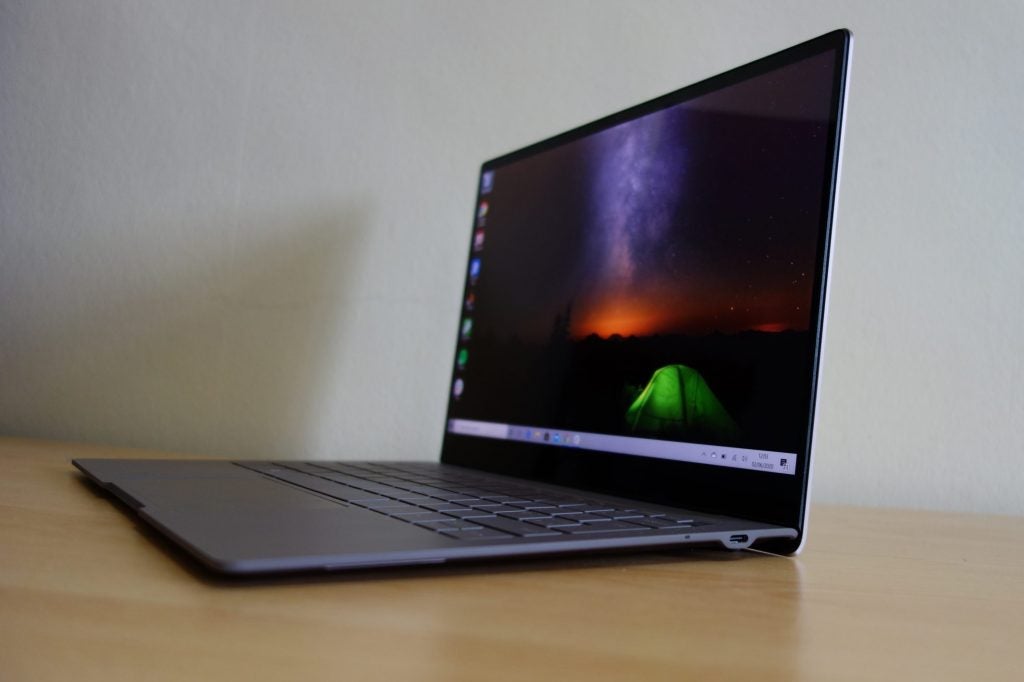
During an interview with CNET, Qualcomm CEO Cristiano Amon confirmed that the company plans to launch a new range of Arm-based Nuvia processors for laptops. Such chips will differ to the current Snapdragon range, as they will target a high performance for both the CPU and GPU – sound familiar?
“We’re aiming to have performance leadership in PC on the CPU, period,” Qualcomm CEO Cristiano Amon reportedly said during the interview. Qualcomm isn’t just aiming to play catch up with AMD, Intel and Apple, but to leapfrog the trio with the world’s fastest laptop chip.
It’s an incredibly ambitious goal, but I’d be hesitant to bet against Qualcomm. After all, its acquisition of Nuvia back in 2021 has ensured it has chip manufacturers on the team who previously worked for the likes of Arm, Apple and Google. I also remember people being sceptical about Apple’s hopes to release one of the most powerful laptop processors on the market, but nobody’s doubting Tim Cook now.
AMD and Intel have every right to be worried about Qualcomm’s plans. Apple’s move to M1 was a big setback, but the duo’s loss of market share was at least limited to the Mac ecosystem. If Qualcomm proves successful, it’s possible that major AMD and Intel clients – such as Acer, Asus, Dell, Lenovo and more – could be tempted to use the incoming Nuvia chip rather than those from the next generations of Intel Core and AMD Ryzen.
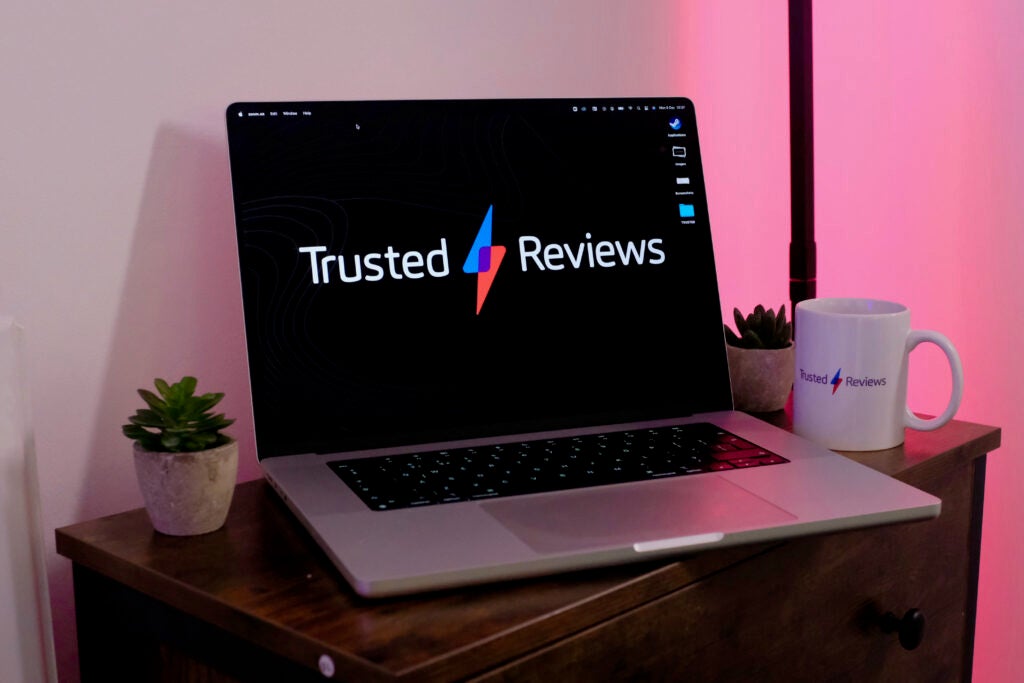
Of course, AMD and Intel both have time on their side. The Qualcomm Nuvia isn’t expected to arrive until the end of 2023. And even once the Nuvia processor is available, it would take a long time for third-party manufacturers to switch over due to the strong relationships they have with the current chip suppliers.
As AMD has found, no matter how powerful its mobile processors are, it’s still incredibly difficult to displace Intel as the main chip supplier. You still can’t buy a Dell XPS laptop with an AMD processor, and Razer only launched its first ever AMD-powered Blade in 2021.
Regardless of the performance power on offer, it’s going to take a long time for Qualcomm to make a dent in the market. But if Qualcomm can produce a chip as impressive as Apple’s M1 range, then it has every chance of becoming a serious competitor to both AMD and Intel.
Ctrl+Alt+Delete is our weekly computing-focussed opinion column where we delve deeper into the world of computers, laptops, components, peripherals and more. Find it on Trusted Reviews every Saturday afternoon.


